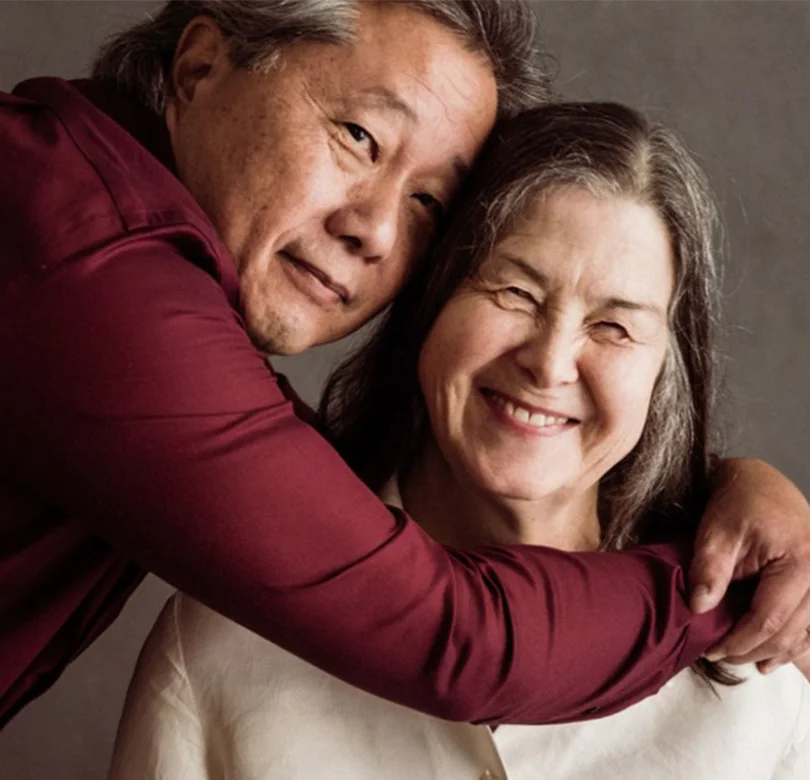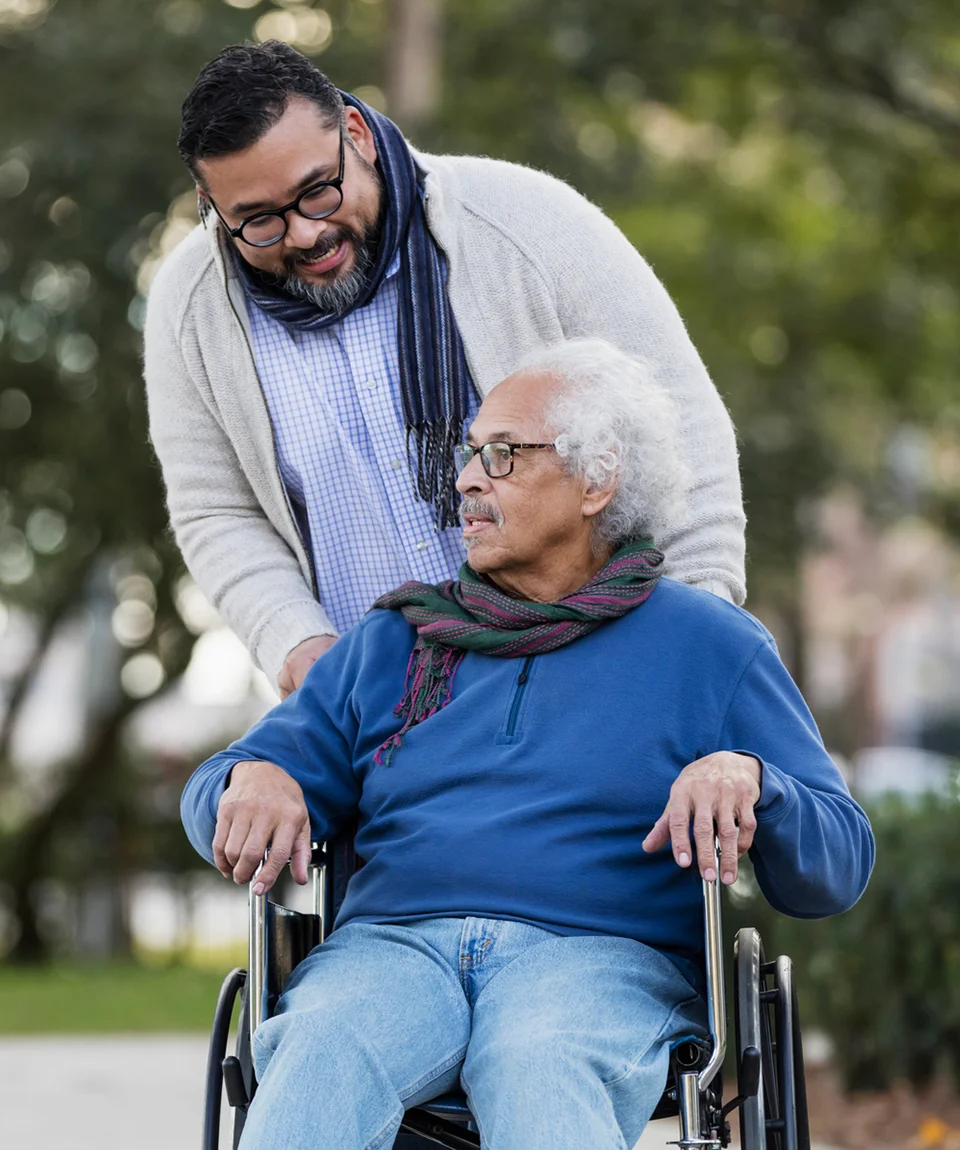What is heart disease?
Heart disease is an umbrella term for any condition that affects the structure or function of the heart. A heart disease can be any one of a group of related conditions with many different root causes.
Types of heart disease
There are many different types of heart disease. Some heart conditions can be grouped together according to how they affect the structure or function of your heart.
- Coronary artery disease is the narrowing or blockage of the arteries that supply your heart with blood, oxygen and nutrients. This narrowing is caused by plaque build-up (cholesterol, fat deposits and other substances), which is also called atherosclerosis. This type of heart disease is also sometimes called ischemic heart disease.
Coronary artery disease is the most common kind of heart disease, and it causes most heart attacks as well as chest pain from angina. - Vascular disease includes problems in the blood vessels (arteries or veins) and can happen anywhere in the body. Vascular disease can reduce blood flow to parts of the body causing pain or other symptoms depending on the location. For example, people with peripheral artery disease (PAD) may experience pain in their arms or legs. Common causes of vascular disease include the narrowing or blockage of blood vessels from plaque build-up (cholesterol fat deposits and other substances), which is also called atherosclerosis.
- Heart rhythm disorders (arrhythmias) cause disruptions in the heart’s normal rhythm. A healthy heart should beat in a regular, normal rhythm and at a healthy rate. When a person experiences an arrhythmia, their heart may beat too slowly, too quickly or in a disorganized and irregular manner.
There are many types of heart arrhythmias. Some can have symptoms such as a fluttering or racing heart feeling and some can have no signs or symptoms. Some arrhythmias can be more serious, causing shortness of breath or chest pain, and in rare circumstances can be life-threatening. - Congenital heart disease (CHD, heart defects) is a range of structural problem of the heart that are present during fetal development. There are many different types of CHD including abnormalities of the valves, great vessels, heart walls or chambers. They can be caused by genetic or non-genetic factors. People living with congenital heart disease and their families need support throughout every age and stage of their life. Ongoing medical care and surgical procedures can continue into adulthood.
- Heart failure is a chronic condition caused by the heart not functioning as it should or by a problem with its structure. Heart failure can happen if the heart is too weak or too stiff or both. This can lead to fatigue, swelling in the legs and abdomen, and shortness of breath which can be from fluid in the lungs.
The two most common causes of heart failure are heart attack and high blood pressure. There is no cure for heart failure, but early diagnosis, lifestyle changes and medication can help people live an active life, stay out of the hospital and live longer. - Other heart diseases include infections, enlarged heart and inherited disorders. There is more information on specific types of heart disease on our conditions page.

Donna & Barry both beat heart disease.

Causes of heart disease
Heart disease is the leading cause of death in Canada and it affects people of all ages, ethnic backgrounds and socioeconomic levels. You can reduce your risk of heart disease by understanding and acting on the factors that can increase your risk.
- Medical conditions
- high blood pressure
- high cholesterol levels
- diabetes
- high blood pressure during pregnancy (pre-eclampsia)
- sleep apnea.
- Lifestyle risk factors
- unhealthy diet
- not enough physical activity
- unhealthy weight
- smoking and vaping (tobacco misuse)
- heavy or binge drinking
- stress
- recreational drug use
- use of oral contraceptives or hormone replacement therapy.
- Risk factors you cannot control
- sex – a woman’s risk of heart disease and stroke changes over her lifetime
- age – the older you are, the higher your risk of heart disease
- family and medical history
- South Asian and African heritage
- Indigenous heritage
- personal circumstances and environmental factors such as access to healthy food, safe drinking water, health services and social services.
How heart disease is diagnosed
To diagnose heart disease, your healthcare provider will review your medical and family history and give you a complete physical exam. They may also run tests. The type of tests depends on the signs and symptoms you are experiencing.
Heart disease can cause heart attacks and other medical emergencies, including strokes and cardiac arrest. Knowing the signs of a heart attack and the signs of stroke is important. Always call 9-1-1 if someone is showing signs of a medical emergency.
Treatment of heart disease
Treatment for heart disease includes lifestyle changes, medication, and surgery or other procedures. Treatment depends on the type and severity of your heart disease.
Early treatment of heart disease can help prevent poor health outcomes like a heart attack, and help you to continue living a healthy and active life. You and your care team will discuss the treatment options and decide on a plan that works well for you and your circumstances.
Recovery and rehabilitation from heart disease
Cardiac rehabilitation is a personalized program of exercise, education and counselling to help you recover from heart disease. Cardiac rehab will help you regain your strength and reduce your risk of having other heart problems in the future. With the right recovery program, people with heart disease can live well and have a good quality of life
Talk to your doctor about how to find a rehab program in your area or contact your public health department or hospital. The Canadian Association of Cardiac Prevention and Rehabilitation also has a directory to help you find a program in your community.
It’s absolutely normal to feel worried or afraid after a diagnosis of heart disease. It may help to find someone you can turn to for emotional support like a family member, friend, health care provider, mental health worker or support group. Talking about your different feelings surrounding diagnosis may be an important part of your journey to recovery.
- The recovery and support section is full of practical advice and tips to support you on your recovery journey.
- Find peer support resources here.
- Download or order our free book Living Well with Heart Disease.
- Join Heart & Stroke’s Community of Survivors or Care Supporters’ Community support groups.
- Sign up for the Heart & Stroke recovery newsletter. Get the latest research news and information, with tips and strategies to help you manage your recovery.
